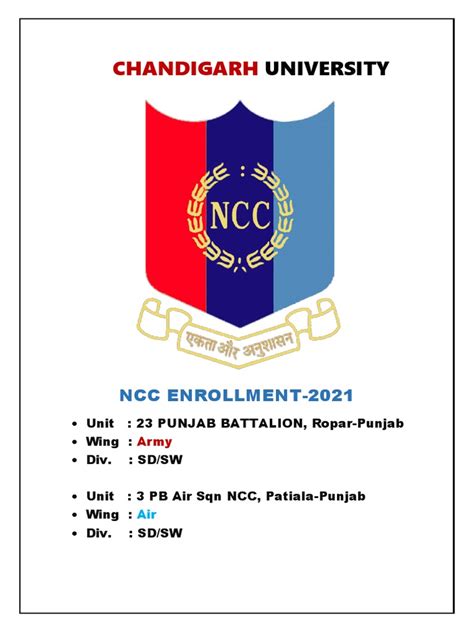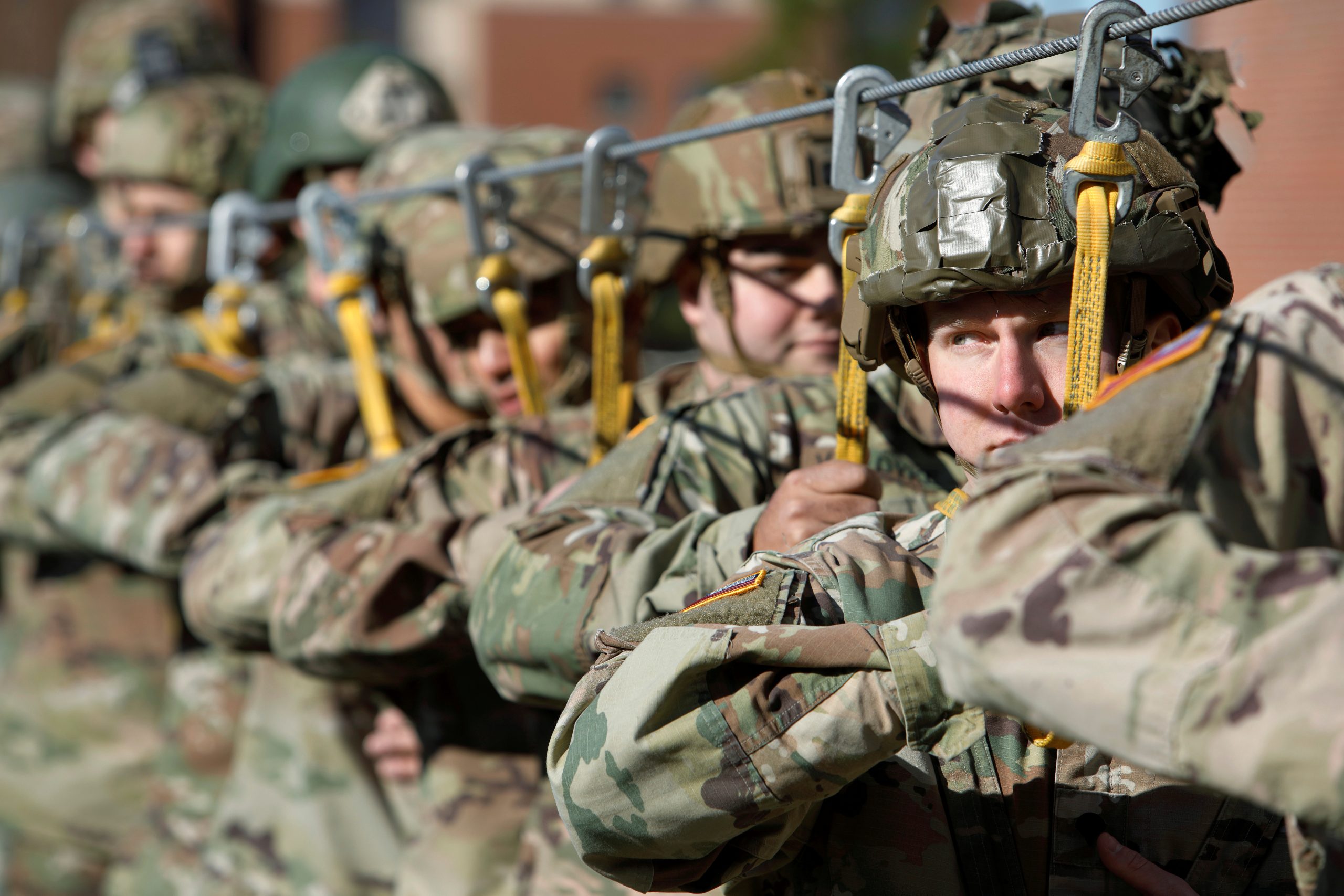Consulting Military Career Training

For those considering a career in the military, it is essential to understand the comprehensive training and preparation that awaits. Military careers demand dedication, discipline, and a unique skill set, and the training process is designed to foster these qualities in aspiring service members. In this article, we will delve into the intricacies of military career training, exploring the various stages, specialties, and challenges that shape the journey of a military professional.
The Fundamentals of Military Career Training

Military career training is a rigorous and transformative process that lays the foundation for a service member’s entire career. It is designed to impart the necessary skills, knowledge, and values that are integral to military service. This training phase serves as a crucial stepping stone, ensuring that individuals are well-prepared for the demands of their chosen military roles.
The fundamental training program for military careers typically spans several months and is divided into distinct phases, each focusing on specific competencies. These phases are designed to progressively build upon one another, starting with the most basic skills and gradually advancing to more complex and specialized tasks.
Phase 1: Basic Training
Basic training, often referred to as boot camp, marks the initial stage of military career training. This phase is universally mandatory for all recruits, regardless of their chosen branch of service or future specialty. Basic training is intensive and physically demanding, aiming to instill discipline, resilience, and a strong sense of camaraderie among trainees.
During basic training, recruits undergo a rigorous physical fitness regimen, learning to push their bodies to new limits. They also receive extensive instruction in military customs, protocols, and basic military skills. This phase is designed to test the recruits' mental fortitude and physical capabilities, ensuring they possess the requisite attributes to excel in their military careers.
| Basic Training Statistics | Data |
|---|---|
| Average Duration | 8-12 weeks |
| Daily Physical Activity | 2-3 hours |
| Average Weekly Mileage | 25-30 miles |
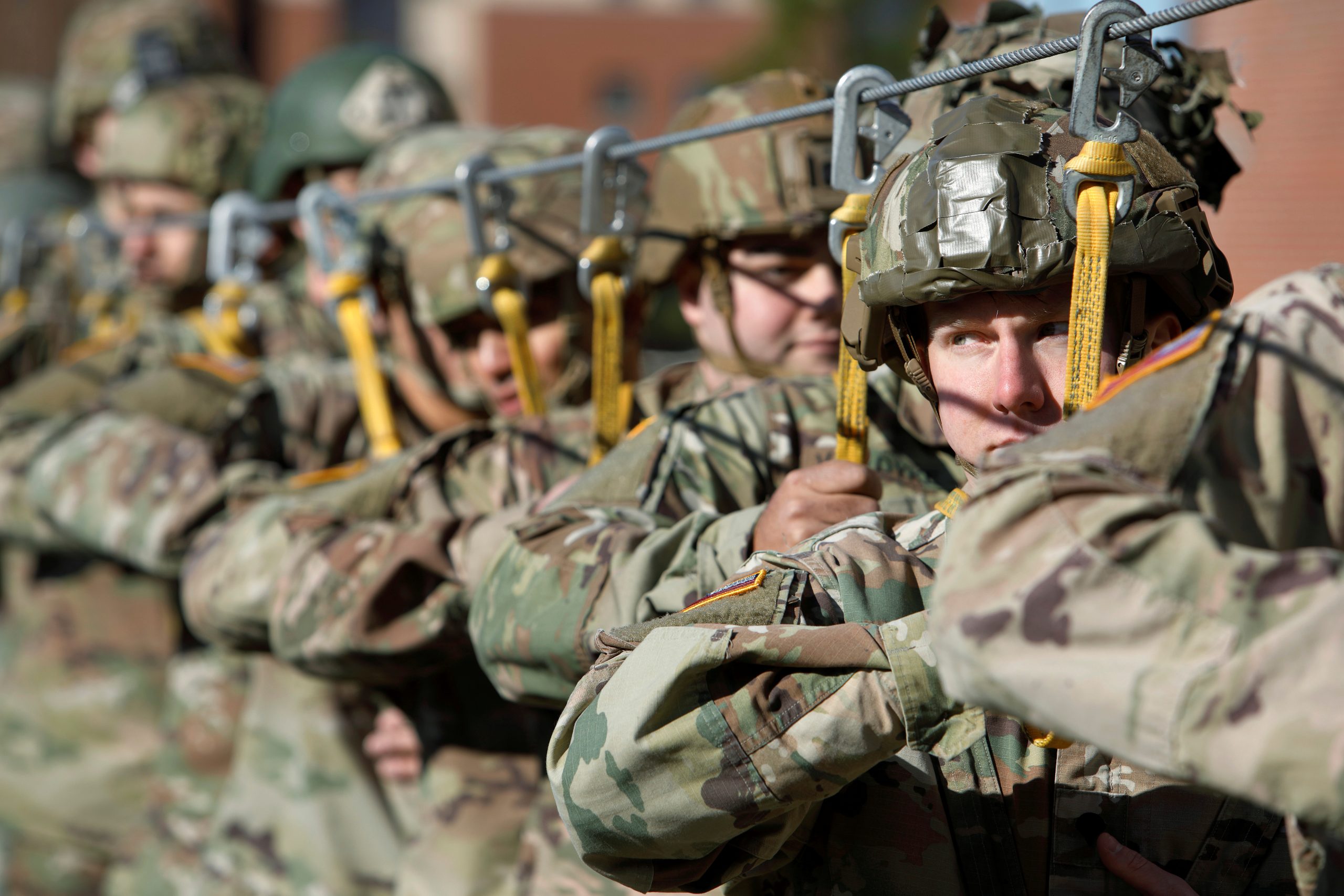
Phase 2: Advanced Individual Training (AIT)
Following basic training, service members proceed to Advanced Individual Training (AIT), where they receive specialized instruction in their chosen military occupational specialty (MOS). AIT is tailored to the specific needs and requirements of each MOS, providing recruits with the technical skills and knowledge necessary to perform their designated roles effectively.
AIT programs vary in duration, ranging from several weeks to several months, depending on the complexity of the specialty. For instance, MOS specialties such as intelligence analyst or military police officer may require more extensive training compared to roles like vehicle mechanic or food service specialist.
| AIT Program Duration by MOS | Specialty | Training Duration |
|---|---|---|
| Intelligence Analyst | 16-20 weeks | |
| Military Police Officer | 12-16 weeks | |
| Vehicle Mechanic | 8-12 weeks | |
| Food Service Specialist | 6-8 weeks |
Phase 3: On-the-Job Training and Specialization
Upon completing AIT, service members are assigned to their respective units, where they undergo on-the-job training (OJT) to further refine their skills and adapt to the unique dynamics of their specific military unit. OJT provides an opportunity for service members to apply their newly acquired skills in real-world scenarios, under the guidance and mentorship of experienced peers and supervisors.
During this phase, service members may also pursue additional training and certifications to specialize further in their chosen field. For instance, an intelligence analyst might seek advanced training in signal intelligence or human intelligence, while a military police officer might specialize in counter-terrorism operations or law enforcement tactics.
Specialty Training and Military Career Paths
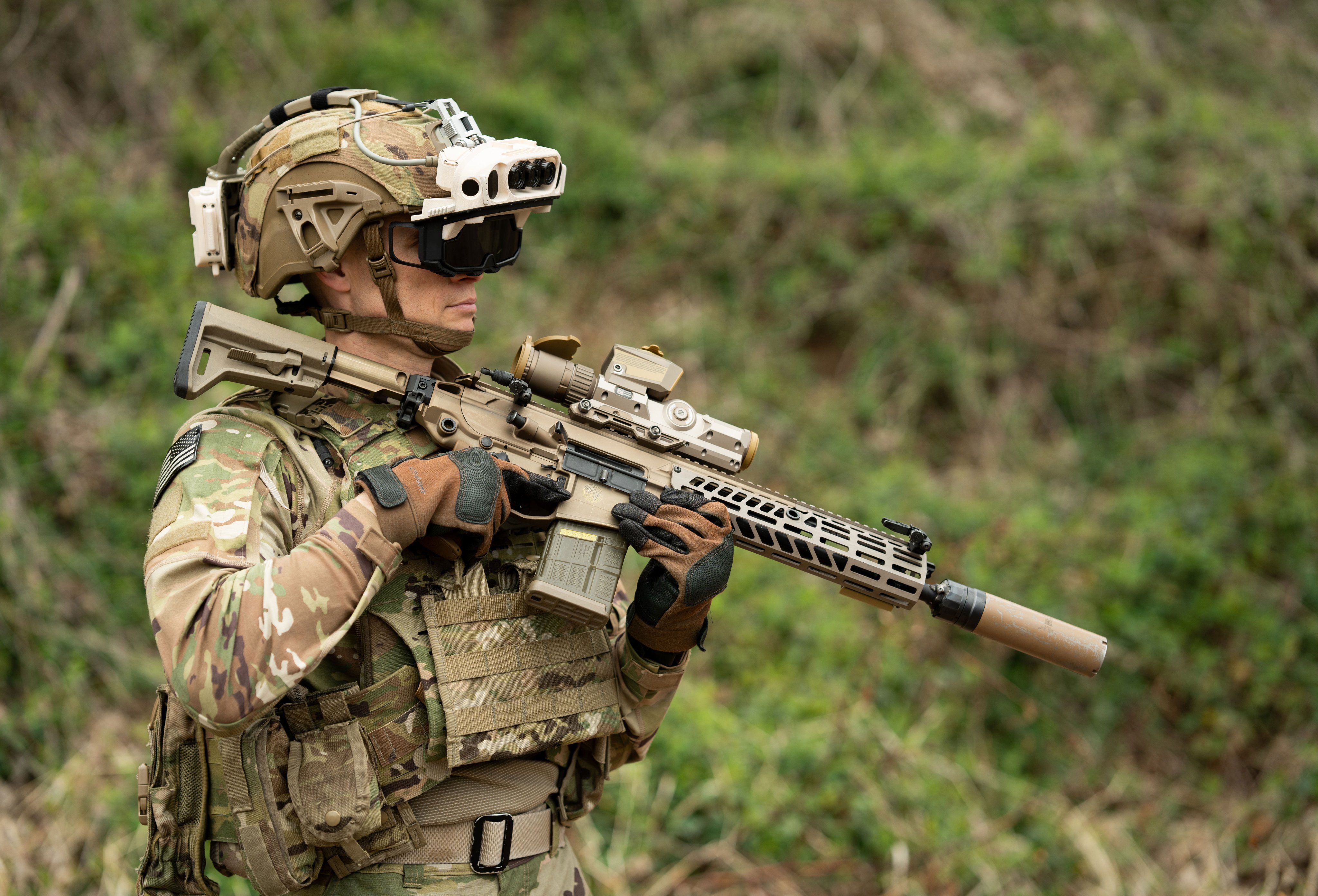
The military offers a diverse range of career paths, each with its own unique set of training requirements and opportunities for specialization. The following are some examples of popular military career paths and the specialized training they entail.
Combat Arms Specialties
Combat arms specialties are at the forefront of military operations, often involving direct combat and tactical missions. These specialties require extensive training in weapons handling, marksmanship, and combat tactics.
For instance, infantry soldiers undergo rigorous training in small unit tactics, weapons proficiency, and fieldcraft. They learn to operate as a cohesive team, leveraging their skills and equipment to accomplish mission objectives. Similarly, armor specialists are trained in the operation and maintenance of armored vehicles, while artillery specialists master the use of advanced artillery systems.
Support and Logistics Specialties
Support and logistics specialties are essential to the smooth functioning of military operations, ensuring that combat units are well-equipped and supplied. These specialties often involve training in transportation, maintenance, and supply chain management.
Transportation specialists, for example, are trained in the operation and maintenance of various military vehicles, from trucks and ambulances to heavy equipment. They ensure the timely movement of personnel and supplies, often under challenging conditions. Logistics specialists, on the other hand, manage the complex supply chain, overseeing the procurement, storage, and distribution of critical resources.
Intelligence and Surveillance Specialties
Intelligence and surveillance specialties play a crucial role in military operations, providing critical information and insights to inform decision-making. These specialties require training in intelligence analysis, surveillance techniques, and the use of advanced technology.
Intelligence analysts, for instance, undergo rigorous training in various intelligence disciplines, including human intelligence, signals intelligence, and geospatial intelligence. They learn to analyze complex data, identify patterns, and provide actionable intelligence to military commanders. Surveillance specialists, on the other hand, are trained in the use of advanced surveillance equipment, such as drones and satellite imagery, to gather vital information about enemy movements and activities.
Performance Analysis and Assessment
Throughout their military career, service members undergo regular performance assessments to evaluate their skills, knowledge, and proficiency. These assessments serve multiple purposes, including identifying areas for improvement, promoting professionalism, and ensuring the overall effectiveness of the military force.
Performance assessments typically involve a combination of written exams, practical evaluations, and peer and supervisor feedback. They are designed to gauge a service member's understanding of military doctrine, proficiency in their chosen specialty, and their ability to apply skills and knowledge in real-world scenarios.
For instance, combat arms specialists may undergo live-fire exercises and field training evaluations to demonstrate their proficiency in weapons handling and tactical maneuvers. Support and logistics specialists might be assessed on their ability to manage complex supply chains and ensure timely resupply operations. Intelligence and surveillance specialists are often evaluated on their analytical skills, ability to interpret data, and their understanding of the intelligence cycle.
The Future of Military Career Training
As technology advances and the nature of warfare evolves, military career training is also undergoing continuous transformation. The military is increasingly adopting innovative training methodologies and technologies to enhance the effectiveness and efficiency of its training programs.
One notable trend is the integration of virtual and augmented reality simulations into training exercises. These technologies allow service members to experience realistic combat scenarios and practice their skills in a safe and controlled environment. Additionally, the military is investing in advanced training facilities and equipment, such as virtual firing ranges and combat simulation centers, to provide more immersive and realistic training experiences.
Furthermore, the military is placing greater emphasis on leadership development and critical thinking skills. Leadership training programs are designed to cultivate effective leaders who can inspire and guide their teams, make sound decisions under pressure, and adapt to rapidly changing circumstances. Critical thinking skills are also being prioritized, as they enable service members to analyze complex situations, identify creative solutions, and make informed decisions.
Conclusion
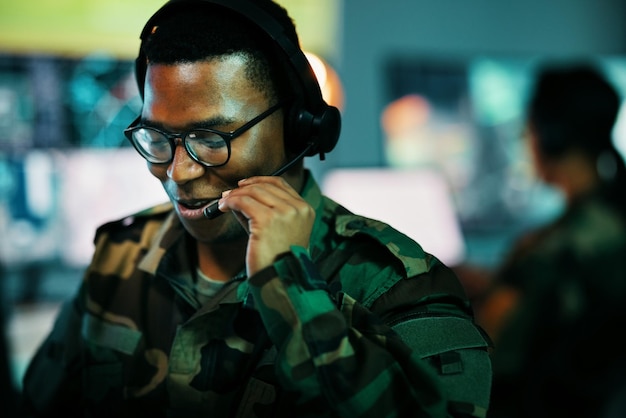
Military career training is a comprehensive and transformative process that equips service members with the skills, knowledge, and values necessary for their chosen military roles. From basic training to advanced specialization, each phase of the training journey is designed to progressively build upon the skills and competencies of aspiring military professionals.
The military offers a diverse range of career paths, each with its own unique training requirements and opportunities for specialization. Whether in combat arms, support and logistics, or intelligence and surveillance, military service members undergo rigorous and specialized training to excel in their chosen fields. Performance assessments play a crucial role in evaluating the proficiency and effectiveness of service members, ensuring they are well-prepared for the demands of military service.
As the military adapts to the evolving landscape of warfare, military career training is also evolving, incorporating innovative technologies and training methodologies. The focus on leadership development and critical thinking skills reflects the military's commitment to cultivating a highly skilled and adaptable workforce.
What is the typical duration of military career training?
+The duration of military career training varies depending on the branch of service and the chosen specialty. On average, basic training lasts 8-12 weeks, followed by Advanced Individual Training (AIT) which can range from 6-20 weeks. Once assigned to a unit, service members undergo on-the-job training and may pursue additional specialization training.
How can I prepare for military career training?
+To prepare for military career training, focus on building physical fitness, discipline, and mental resilience. Engage in regular exercise, practice good time management, and develop study habits to enhance your learning capabilities. Additionally, stay informed about the military career path you are interested in and the training requirements associated with it.
Are there opportunities for advancement and specialization in the military?
+Absolutely! The military offers numerous opportunities for advancement and specialization. As you progress in your career, you can pursue advanced training, earn promotions, and specialize in specific areas such as leadership, intelligence, or technical fields. These opportunities allow you to enhance your skills, broaden your expertise, and take on more challenging roles within the military.
